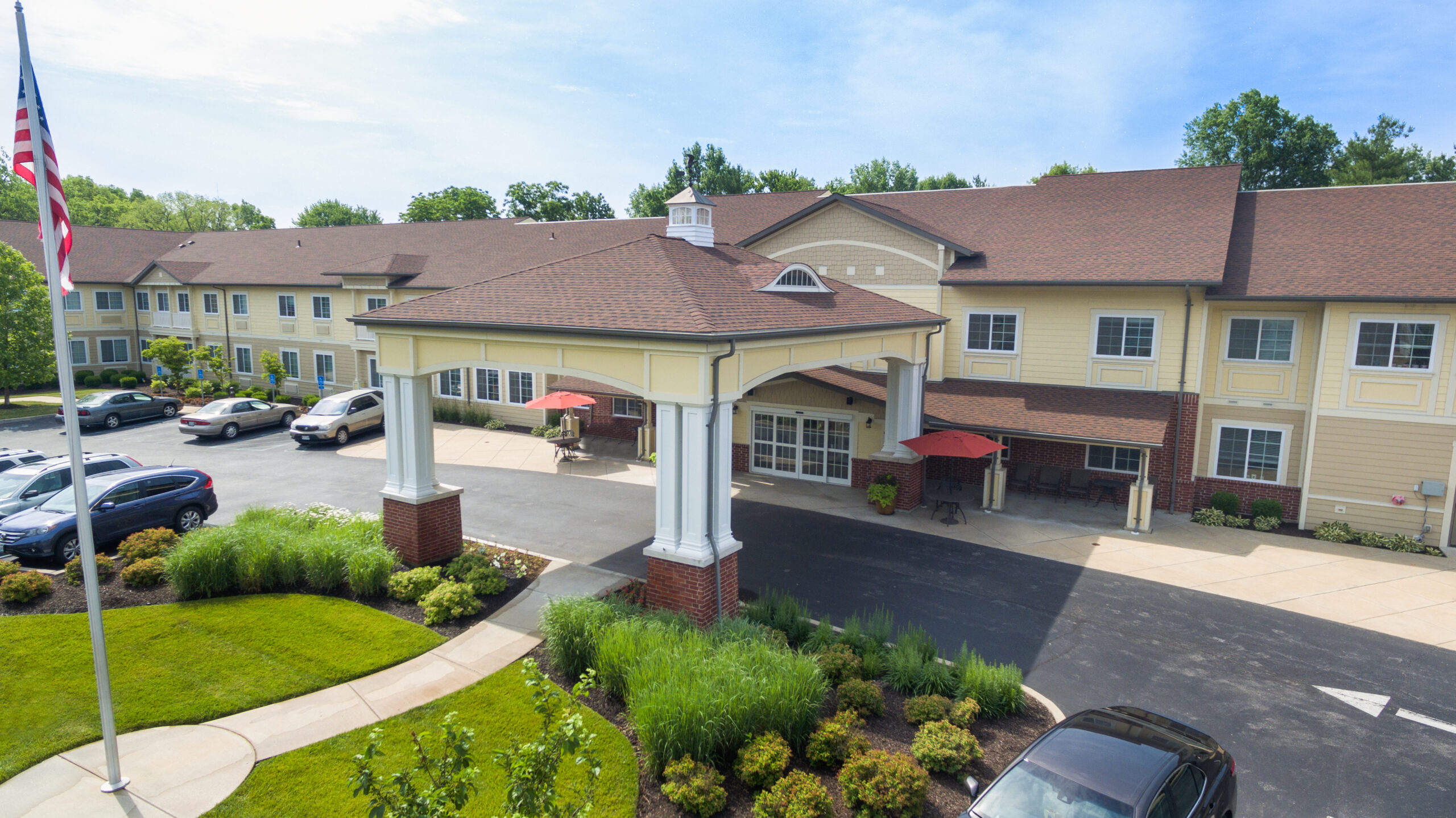Family-Oriented Facilities Offering Personalized Alzheimers Care Charlotte
Family-Oriented Facilities Offering Personalized Alzheimers Care Charlotte
Blog Article
Creating a Safe and Supportive Setting for Alzheimer's Treatment
The creation of a helpful and secure environment for people with Alzheimer's is vital in enhancing their top quality of life. This includes not just physical adaptations within the home, such as lessening threats and incorporating familiar aspects, however also the execution of structured regimens and meaningful tasks that accommodate their cognitive demands. Understanding the psychological and psychological measurements of treatment can considerably impact their sense of protection and connection. Exploring these diverse approaches can reveal important understandings into reliable caregiving approaches that might change the everyday experiences of both caregivers and people.
Comprehending Alzheimer's Demands
Often, individuals with Alzheimer's condition show an array of needs that require tailored strategies to care. As the problem advances, cognitive decline manifests in different methods, affecting memory, reasoning, and also the ability to perform day-to-day activities. Caretakers should identify these evolving requirements to give appropriate support and make sure a higher high quality of life for those impacted.
One critical facet of comprehending Alzheimer's demands is identifying the significance of regular and experience. Individuals commonly find convenience in well-known patterns, which can reduce stress and anxiety and complication. Caregivers must make every effort to develop structured everyday schedules that incorporate purposeful activities straightened with the individual's rate of interests and capabilities.
Additionally, effective interaction is critical. People with Alzheimer's might battle to share themselves or comprehend intricate language. Caregivers must use basic, clear language, usage non-verbal cues, and method active paying attention to foster understanding and connection.
Caretakers need to encourage engagement in community tasks or family members events, promoting a sense of belonging and purpose. Comprehending these diverse needs is vital for producing a supportive care setting.
Creating a Safe Home
Producing a safe home for people with Alzheimer's illness is crucial to minimizing dangers and advertising self-reliance. Make sure that pathways are clear and well-lit, as correct lighting reduces disorientation and boosts flexibility.
Incorporating adaptive attributes is also critical. Set up grab bars in washrooms and near stairways, and consider using non-slip floor coverings in wet locations. In addition, using contrasting shades for wall surfaces and floors can aid in differentiating areas, assisting to minimize complication.
Experience is necessary for individuals with Alzheimer's. Personalizing the environment with familiar things and pictures can enhance a feeling of belonging and safety and security - Alzheimers Care Charlotte. It is likewise valuable to have an assigned location for day-to-day tasks, such as analysis or crafting, which can give structure to their day
Lastly, executing a protected outdoor room permits safe expedition while getting in touch with nature. By thoughtfully designing the home atmosphere, caregivers can significantly enhance the top quality of life for individuals dealing with Alzheimer's condition.
Enhancing Interaction Abilities

Non-verbal interaction, including faces, gestures, and touch, plays a crucial role in communicating empathy and understanding. Maintaining eye contact and a calm behavior can boost the convenience level of the person, advertising a feeling of safety.
Moreover, it is essential to exercise energetic listening. This entails being completely present, revealing persistence, and enabling the individual to share themselves without interruption. Rep may be needed; caretakers must be prepared to review topics or questions, as people with Alzheimer's might deal with memory recall.
Additionally, making use of visual help or cues, such as photos or familiar things, can help with recognition and involvement. Ultimately, enhancing communication skills has to do with constructing trust click to find out more fund and developing an atmosphere where individuals really feel listened to, valued, and understood, thereby improving their lifestyle.
Urging Social Interaction
Promoting meaningful social communications can greatly improve the health of individuals with Alzheimer's illness. Engaging with others not only aids fight sensations of seclusion yet likewise stimulates cognitive function and psychological wellness. Structured social tasks, such as team games, crafts and arts, or songs treatment, develop possibilities for homeowners to connect with peers and caretakers, which can cause enhanced mood and minimized anxiousness.
Developing an inviting atmosphere that urges socialization is crucial. This can be attained by setting up public spaces that facilitate communication, such as cozy seating locations or task areas. Furthermore, including acquainted and culturally appropriate activities can trigger memories and encourage participation, allowing people with Alzheimer's to really feel even more linked to their previous experiences.
Furthermore, caretakers must be educated to recognize and promote social interaction among homeowners. Simple gestures, such as starting conversation or helping with small seminar, can help individuals feel valued and consisted of. Frequently set up gatherings need to correspond yet flexible, accommodating differing degrees of capability and interest. By prioritizing social communication, we can substantially improve the lives of those dealing with Alzheimer's, promoting a feeling of neighborhood and belonging.
Supporting Caretaker Wellness

To sustain caretakers, organizations need to offer normal training and academic sources to boost their understanding of Alzheimer's condition and caregiving methods. Supplying accessibility to reprieve treatment solutions enables caretakers to take essential breaks, decreasing stress and anxiety and tiredness - Alzheimers Care Charlotte. Furthermore, fostering an area with support system can help with emotional sharing and the exchange of functional guidance among caregivers, producing a network of shared support
Psychological health and wellness sources, such as therapy solutions, can also be important in dealing with the psychological toll caregiving can take. By prioritizing caretaker wellness, we produce an even more sustainable caregiving setting that not just profits the caregivers themselves yet additionally enhances the general high quality of treatment obtained by people with Alzheimer's. Ultimately, supporting caregivers is a necessary element in cultivating a compassionate click here for info and reliable care setting.
Final Thought
To conclude, the creation of a secure and supportive environment for individuals with Alzheimer's is necessary to boosting their lifestyle. By prioritizing security with thoughtful layout, fostering emotional health with familiar elements, and promoting engagement with structured regimens, caregivers can significantly affect the total experience of those impacted by this problem. Sustaining caregiver health is important, as it ultimately contributes to a more efficient and caring care setting.
Repeating may be needed; caregivers need to be prepared to revisit inquiries or subjects, as individuals with Alzheimer's may battle with memory recall.
Report this page